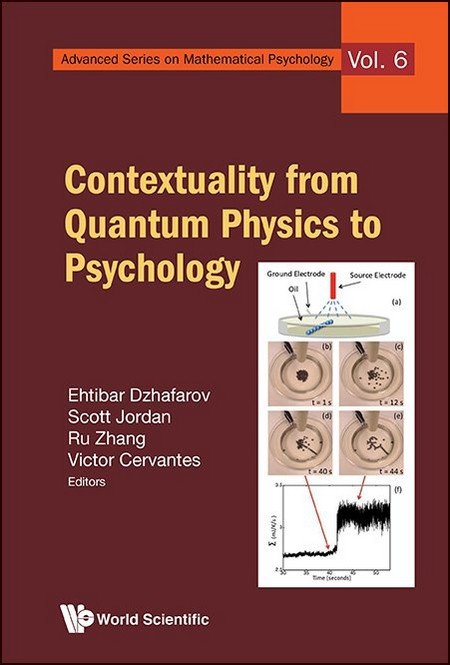Chapter 8: Some Examples of Contextuality in Physics: Implications to Quantum Cognition
Contextuality, the impossibility of assigning a single random variable to represent the outcomes of the same measurement procedure under different experimental conditions, is a central aspect of quantum mechanics. Thus defined, it appears in well-known cases in quantum mechanics, such as the double-slit experiment, the Bell-EPR experiment, and the Kochen-Specker theorem. Here we examine contextuality in such cases, and discuss how each of them bring different conceptual issues when applied to quantum cognition. We then focus on the shortcomings of using quantum probabilities to describe social systems, and explain how negative quasi-probability distributions may address such limitations.


